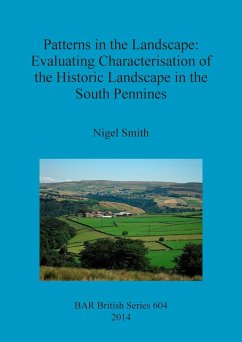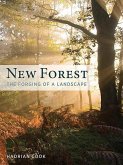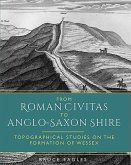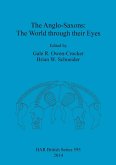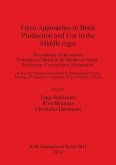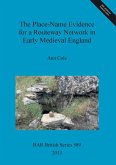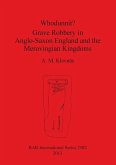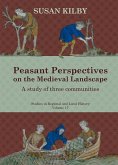This study evaluates the methodologies used to prepare the national Rural Settlement Atlas, published by Roberts and Wrathmell in 2000, and the English Heritage sponsored Historic Landscape Characterisation exercises that have been undertaken at a county level since 1998. Both methodologies are morphological, based on deriving meaning from patterns in the landscape. The evaluation seeks to determine the extent to which they can offer an accurate portrayal of historic landscape character in the upland study area of the Upper Calder Valley in the South Pennines, an area that has received very little attention from landscape historians to date. The basic approach taken by the book is to apply both methodologies to the study area before comparing the results with those obtained by more traditional landscape history methodologies. The book prefaces this evaluation with a discussion and explanation of the origins and processes of both methodologies, reviews the criticisms previously made, and examines the commonalities exhibited. The basic commonality of using a morphological approach is critically discussed in detail. A new model is proposed that combines the evidence of historical process with the morphological attributes of settlement and fieldscapes. While this model is based on the South Pennine pays, the principles involved in its construction are intended to be applicable in other landscape areas.
Hinweis: Dieser Artikel kann nur an eine deutsche Lieferadresse ausgeliefert werden.
Hinweis: Dieser Artikel kann nur an eine deutsche Lieferadresse ausgeliefert werden.

